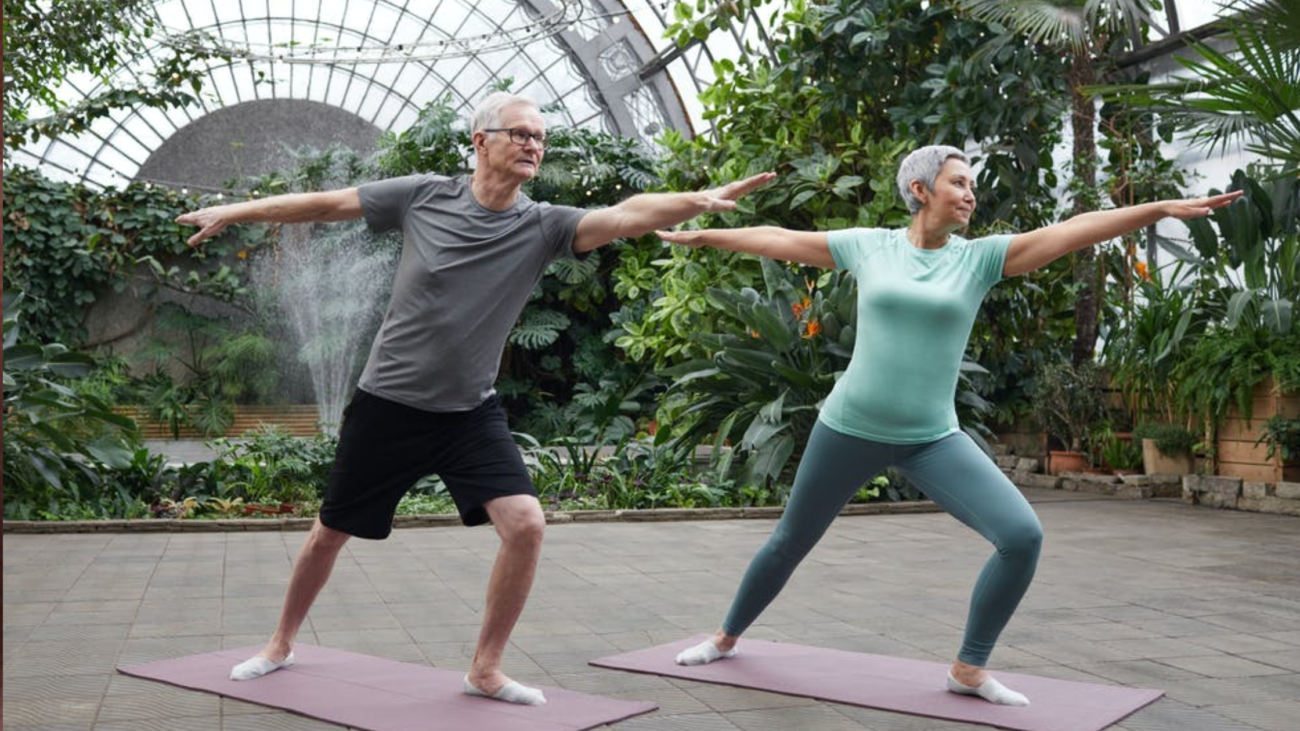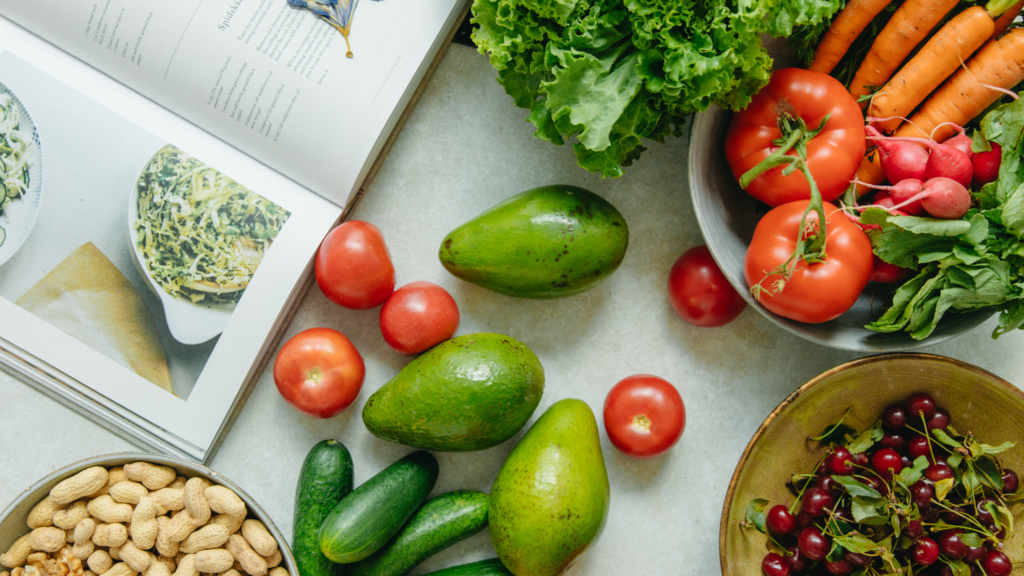Every year, millions of people around the world suffer from bone fractures. It is more difficult for your bones to withstand impact from bumps or falls when they are thin or brittle. This frequently leads to crushed, splintered, or fractured bones.
Certainly, there are numerous ways to develop strong bones and keep them healthy. Do not limit yourself to relaxing in your living room. Go outside to catch some rays when the sun is shining. Sunlight gives your body the essential vitamin D it needs to develop or maintain strong and healthy bones. Additionally, vitamin D improves cognitive function and may even lower your risk of dementia.
Here are some all-natural ways to strengthen your bones and joints, from eating nutrient-rich foods to exercising to increase bone density.
1. Keep an eye on your salt intake.
When it comes to bone health, sodium, which is commonly found in table salt, is a tricky nutrient. Too much salt is bad for your bones, but not enough puts your skeletal system at risk. Because salt helps your body maintain adequate magnesium and potassium levels, a low-salt diet increases your chances of developing osteoporosis.
Menopausal women who consume enough sodium have a lower risk of hip fractures, according to research. Too much sodium, on the other hand, can increase your chances of breaking a bone, especially in adults with low calcium levels.
2. Consider Collagen Supplements.
If you follow health-conscious social media influencers, you’ve probably heard about collagen. Collagen works wonders on aging skin, but it’s more than just a wrinkle-reducing product. This nutrient is the primary protein found in your bones.
It contains beneficial amino acids like lysine and proline, which help bone development as well as your tissues and muscles.
Your body produces collagen, but it tends to decline after the mid-20s. As a result, many people supplement with collagen drinks or powders as they age.
3. Consume a great deal of vitamin D.
When spending time in the sun isn’t an option, some people turn to vitamin D supplements.
However, before taking a vitamin D supplement, consult your doctor or the staff because it might interact with some of your other medications or supplements
It’s challenging to take too much vitamin D, but if you do, you risk developing serious conditions like calcium stones or kidney disease.
4. Adequate Physical exercise.
Physically inactive people are more likely to develop osteoporosis than physically active people. Going for a run, having to walk, and hiking are all weight-bearing exercises that can help you build strong bones and slow bone loss, according to research.
However, it becomes more difficult when you are carrying extra weight. This extra weight puts pressure on your bones, increasing your chances of fracture or other injuries injury. Being underweight, on the other hand, is a risk factor because it is linked to osteoporosis.
5. Engage the help and support of your doctor.
Talk to your doctor if you have any concerns about your bone health or risk factors for osteoporosis, such as a recent bone fracture. A bone density test could be suggested.
The results will assist your doctor in determining your bone density and rate of bone loss. Your doctor can determine whether you are a candidate for medication to help slow bone loss by evaluating this information and your risk factors.
6. Increase your vegetable consumption.
Most people can benefit from eating green vegetables. These vegetables promote bone growth in children and help maintain bone density and strength in adults. Vegetables provide vitamins, minerals, and fibre while being low in calories. According to one study Trusted Source, vitamin C may help protect bones from damage
Many people dislike green vegetables, but there are ways to make them tolerable and even enjoyable.
Blend spinach into your morning smoothie, or any other method you think you can consume. Make vegetables in an attractive way that will make one want to consume them.
Calcium, a nutrient that promotes bone health, is commonly found in leafy green vegetables. Green vegetables also contain bone-building potassium and vitamin K. Potassium aids in the reduction of calcium loss, while vitamin K protects bone mineral density.
7. Engage in weight-bearing exercises that build and Maintain bone.
One of the best types of activity for bone health is strength exercise, which promotes the formation of new bones. Physical activity is extremely beneficial in preventing bone loss in the elderly. In older men and women, weight-bearing exercise increased bone mineral density, bone strength, and bone size while decreasing markers of bone turnover and inflammation.
Strength training exercises can help with more than just physical fitness.
While losing weight always causes bone loss, it is usually less pronounced in obese people than in normal-weight people. As a result, maintaining a stable normal or slightly higher-than-normal weight is your best bet for bone health.
8. Consume Omega-3 Fat-Rich Foods.
Omega 3 fats are a type of fat that we need to consume to stay healthy. They’re particularly beneficial to heart health, and eating them may help to prevent heart attacks and strokes.
Omega-3 fatty acids have been shown to help protect against bone loss during the aging process, and it’s important to ensure that your omega-6 to omega-3 fat ratio isn’t too high. In general, an omega-6 to omega-3 ratio of 4:1 or less is preferable. Chia seeds, flaxseeds, and walnuts are examples of plant sources of omega-3 fats.
9. Get Enough Protein
Adequate nutrition is essential for the development and maintenance of bone structures. Dietary proteins are important nutrients for bone health and thus aid in the prevention of osteoporosis. Several studies have found that a high protein intake improves bone mineral density or content. Protein consumption is critical for bone health. Protein accounts for approximately 50% of bone mass.
Epidemiologic studies show that increasing protein intake benefits bone health in adults. Furthermore, randomized controlled trials show that increased calcium intake enhances protein’s beneficial effect on bone health.
Furthermore, studies conducted over the last decade indicate that dietary protein is beneficial to the bone, and this may be most noticeable when calcium intake is optimal. A higher protein diet increases IGF-1 (a key mediator of bone health), increases intestinal calcium absorption, suppresses parathyroid hormone, and improves muscle strength and mass, all of which may benefit the skeleton.
Moreover, diets with a higher percentage of protein calories may help maintain bone mass during weight loss.
Conclusion
Building strong bones is important at any age. However, having strong bones is something that many people take for granted because symptoms often do not appear until the bone loss has progressed.
It’s never too early to start focusing on eating right to keep your bones and muscles strong and healthy, no matter how old you are. Fortunately, many nutrition and lifestyle habits can aid in the development and maintenance of strong bones — and it’s never too early to begin.
You can help prevent osteoporosis by eating foods high in calcium and vitamin D, and protein will give you both strength and energy to enjoy life.




